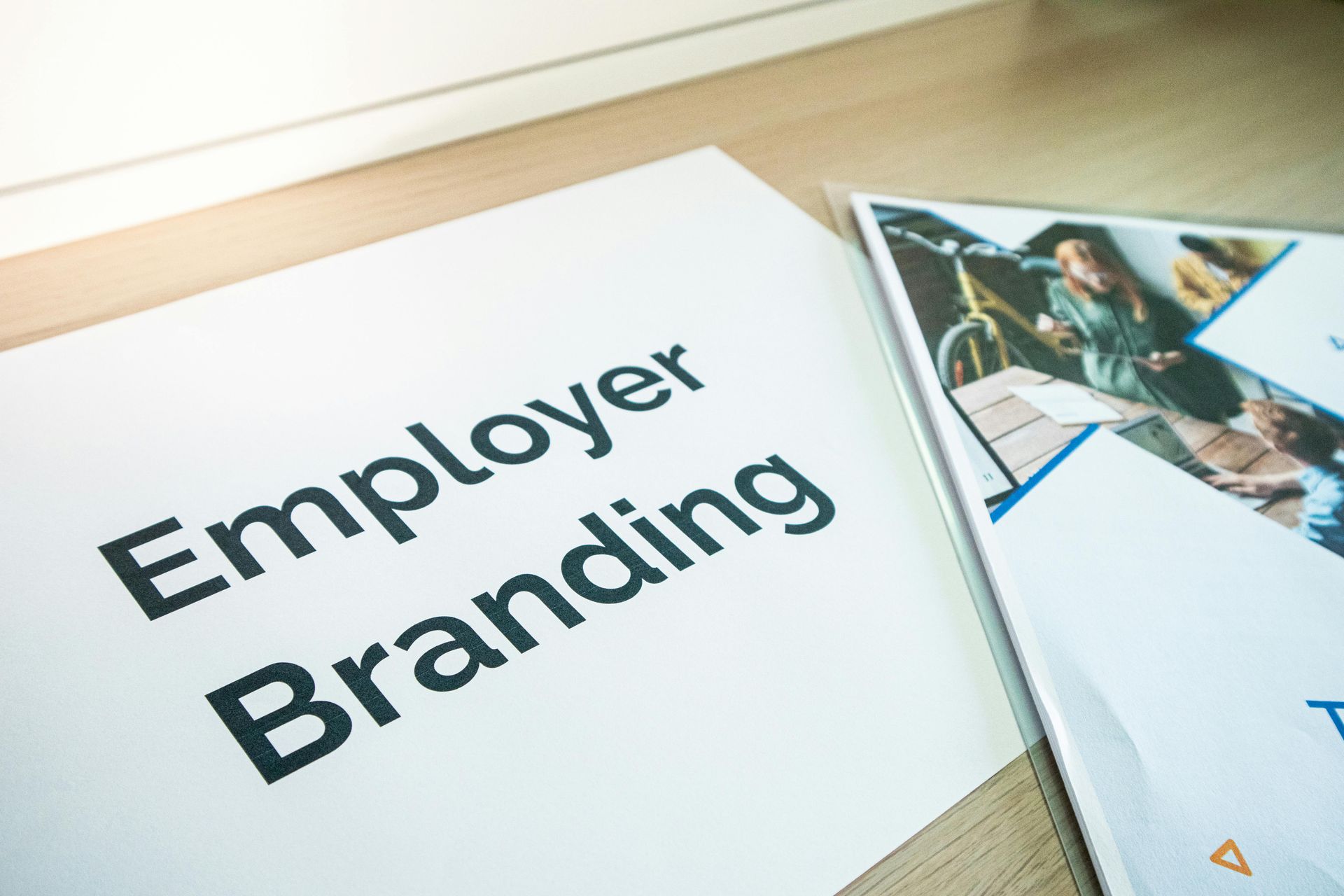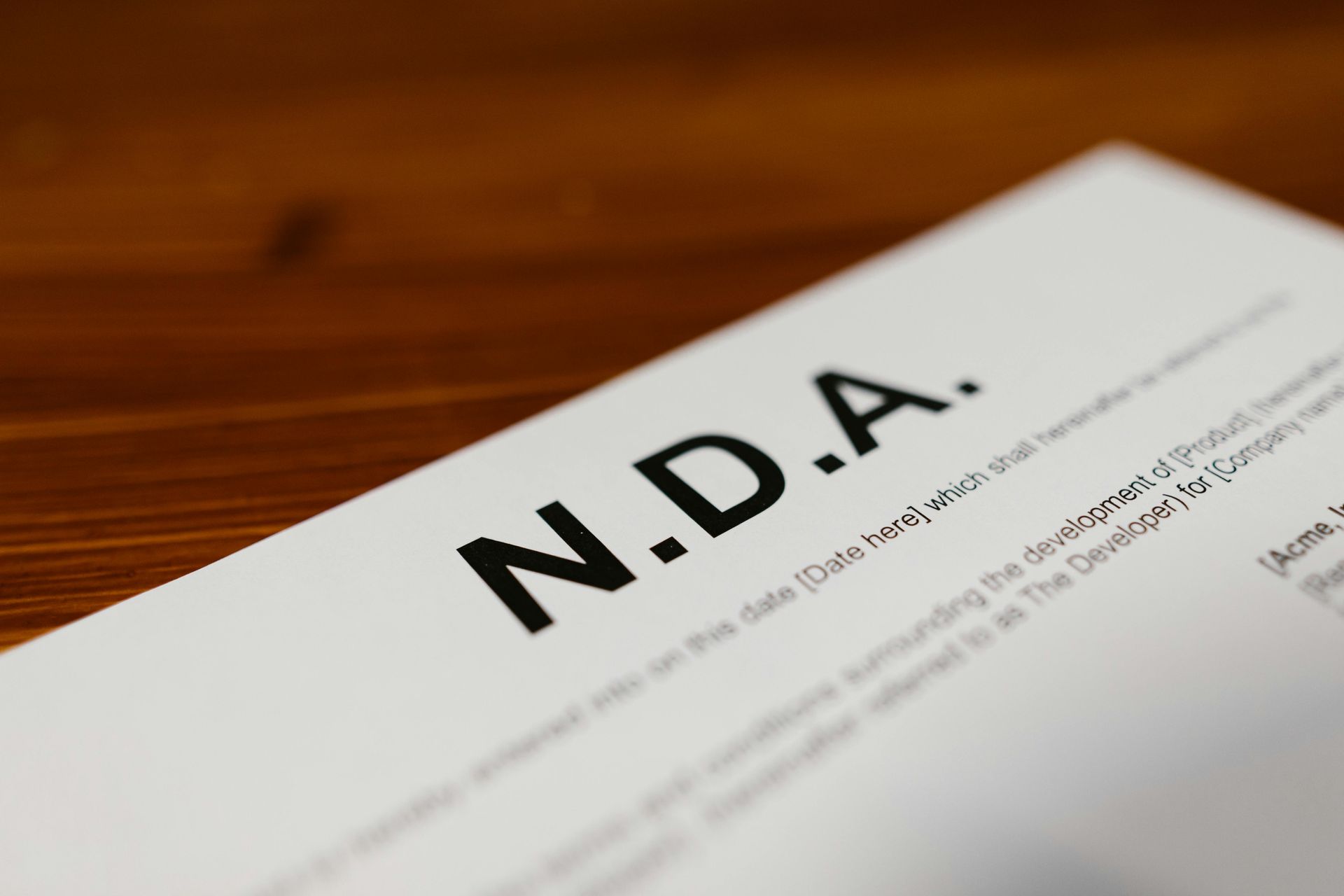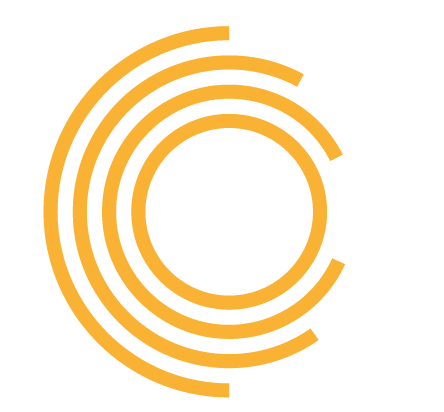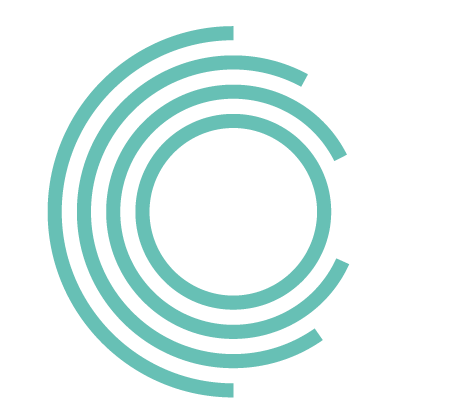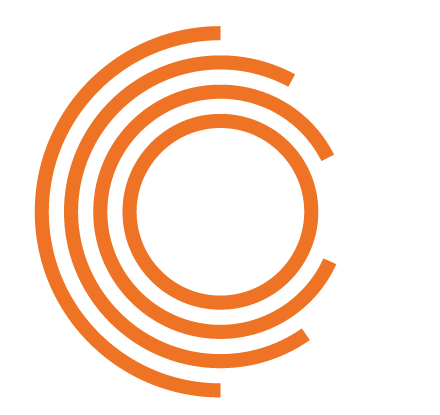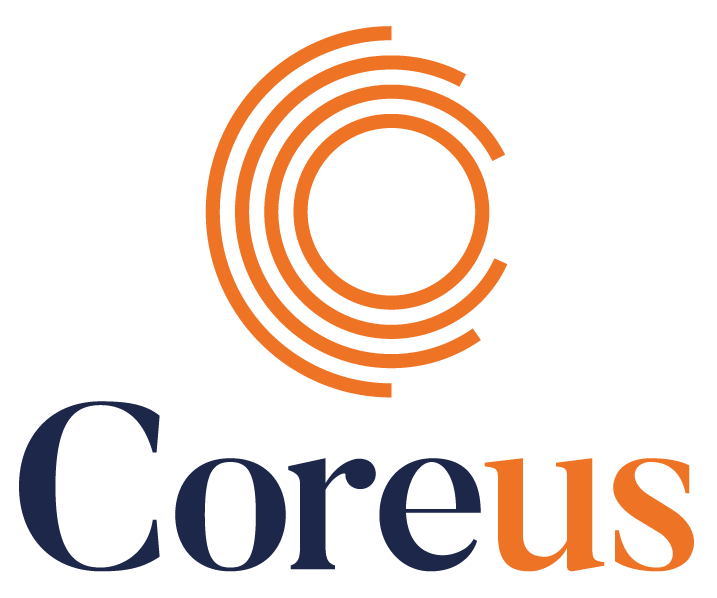Recruitment with Mental Health & Well-Being at its Core
The Human Side of Hiring: Why Mental Health Must Be Core to Recruitment

In the fast-paced world of talent acquisition, where the race for top talent is relentless, it's essential to recognise the toll the recruitment process can take on employers and job seekers. In this blog, we explore the challenges and opportunities at the intersection of hiring and mental health.
1. Recruitment is The High Stakes
Recruitment is undeniably high stakes, with employers and job seekers facing escalating pressures.
From the employer's perspective, a staggering 68% of companies report an increase in stress and mental health-related illnesses within their workforce. (SmallBiz, 2022). On the candidate side, 73% of job seekers consider the job-seeking process as one of the most stressful events in their lives (CIPD, Health and Well-being Survey Report April 2022) These statistics vividly show as we navigate the landscape of modern hiring, the urgent need to prioritise mental health and well-being in recruitment.
Recruitment is not just about filling a role; it's about recognising the human aspect of the hiring process. Our emphasis on the high stakes of recruitment highlights why acknowledging this human element is crucial. Rather than solely focusing on immediate role fulfilment, our approach encourages recruiters to prioritise longer-term satisfaction and 'fit,' creating a practical anchor for achieving goals.
Often, the consequences of turnover and replacement are felt as soft or invisible costs by the hiring team. The 'hard' costs, like recruiting fees, may be evident, but the time lost in interviewing, onboarding, and training recruits is an invisible cost that can be equally, if not more, impactful. By understanding the holistic impact of recruitment, we can better appreciate the importance of a people-centred approach. Senator Paul Wellstone's words resonate strongly here: "We all do better when we all do better." By placing individual mental health and well-being at the core of recruitment, we collectively lay the foundation for a healthier, more prosperous future in talent acquisition.
2. The Five Key Elements of 'Fit':
At Coreus, we unravel the complexity of recruitment by combining a unique understanding of individual motivation with the employer's proposition. We compare the candidate's wants with the employer's value proposition by prioritising five key fit elements to understand long-term compatibility between employers and candidates.
1. Salary & benefits; needs now and in the future.
2. Convenience; specifically commute, travel, required working hours and work-life balance
3. Culture & Reputation
4. Day-to-Day responsibilities
5. Training & Career Progression
By understanding and addressing these fundamental aspects, recruiters can create a more harmonious and sustainable work environment. Prioritising a fit of culture and career progression is even more critical for executive leadership roles.
3. Shared Responsibility:
Recruiters, hiring managers, and candidates each play a pivotal role in shaping the recruitment landscape, sharing responsibility among these stakeholders, identifying opportunities for collaboration, and recognising threats to mental health and well-being.
It is unlawful under the Equality Act 2010 to ask about health or disability-related questions either at the interview stage or on an application form, with the following exceptions;
1. There are requirements of the job that cannot be met with reasonable adjustments
2. You're finding out if someone needs help to take part in a selection test or interview
3. You're using 'positive action' to recruit a disabled person. You may be breaking the law if discrimination occurs during the recruitment process, even if you use a recruitment agency.
1 in 4 of us will experience a mental health problem of some kind each year in England (Mind, 2020), so if an employer discriminates based on mental health, they would be doing a disservice to their organisation by discounting a significant portion of talent, whether internal or external.
Understanding what reasonable adjustments can be made to set candidates up for success in the interviewing and onboarding process, and promoting a holistic, transparent approach to hiring and well-being, can create an environment where everyone thrives. An example would be openness about the challenges facing successful recruits and clarity on expectations, such as working hours and the balance between office time and working from home.
Conclusion:
Our approach advocates for a shift in perspective, urging recruiters to see beyond immediate needs and embrace the long-term implications of their decisions. By prioritising the human side of recruitment, we create more fulfilling work experiences and build a more resilient and successful talent acquisition landscape for the future.
The outcomes of adopting our approach are clear. Better recruitment experiences, focusing on motivation and fit, result in improved conversion rates for employers and recruiters, saving time and enhancing engagement throughout the recruitment process and during the employee experience.

